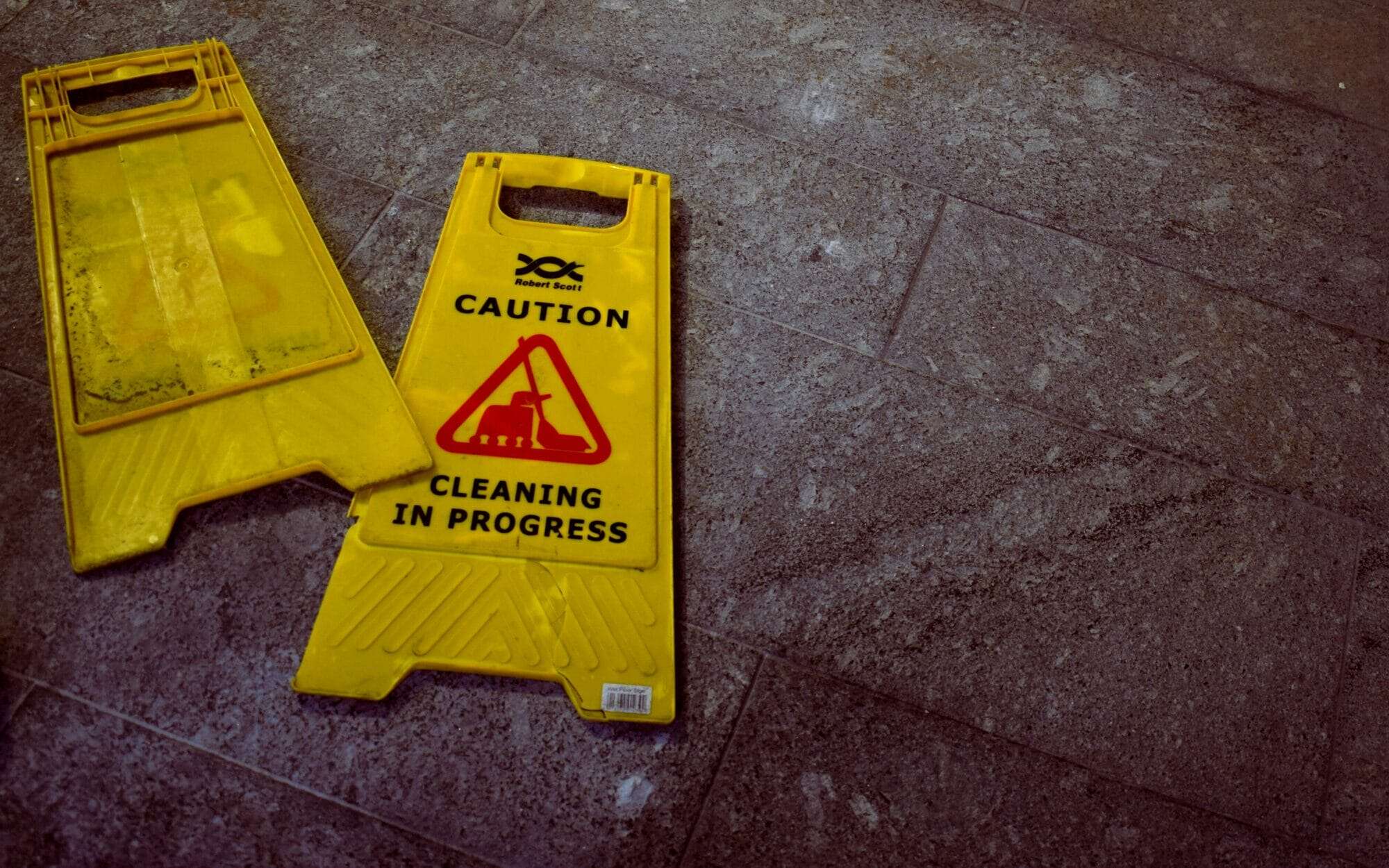If you lose a loved one due to a workplace accident or occupational disease, you may be entitled to death benefits under the Virginia Workers’ Compensation Act. Complex provisions of the law determine eligibility. The best approach to receiving compensation is to talk with our workers’ compensation lawyers at Renfro & Renfro. We relieve you of the burden of dealing with the employer and insurance company and make sure you receive the full amount you deserve for a death benefit claim.
Who Can Receive Workers’ Compensation Death Benefits?
The Virginia Workers’ Compensation Act provides that certain dependents of a worker who dies from an on-the-job injury are eligible for specified death benefits. The law sets the requirements for eligibility and amount of compensation.
Under the Act, death benefits are divided equally among total dependents of the deceased worker. Persons conclusively presumed to be wholly dependent on the deceased worker and entitled to death benefits include the worker’s:
- Spouse
- Child under the age of 18 years
- Child over age 18 who is physically or mentally incapacitated and unable to earn a living
- Child between ages 18 and 23 who are enrolled full-time in an accredited educational institution
The term “child” includes a stepchild, legally adopted child, posthumous child, and an acknowledged illegitimate child. The term does not include a married child.
If there are no total dependents in these categories, parents of the worker (including stepparents and parents by adoption) in destitute circumstances are entitled to the death benefits. In addition, the law provides that other dependents may be entitled to full or partial benefits, as determined based on the facts at the time of the injury. No compensation is provided unless the dependency existed for a period of at least three months before the injury. If there are no total dependents, benefits are divided between partial dependents in proportion to the extent of dependency on the worker’s earnings at the time of the injury.
Financial death benefits are divided equally among all surviving family members eligible to collect. Eligibility of individual dependents may terminate when certain conditions specified in the law are met. In addition, the Act contains limited exceptions to death benefit entitlement contained in the Act.
How Much Are Workers’ Compensation Death Benefits?
The amounts of workers’ compensation death benefits are established in the law. They include up to $10,000 for funeral and burial expenses, up to $1,000 for reasonable transportation expenses, and wage replacement compensation as specified in the statute. Wage replacement compensation consists of weekly payments of 66-2/3 of the worker’s average weekly wages, subject to minimums and maximums established in the law.
For dependents to be eligible for wage replacement compensation, the worker’s death must occur within nine years of the workplace injury. The maximum period of wage compensation for a spouse or child presumed to be wholly dependent (as discussed above) is 500 weeks from the date of the injury. If there are no such total dependents, other eligible dependents receive compensation for a period of 400 weeks from the injury date. If weekly payments were made to the worker prior to death, weekly payments to dependents are paid from the date of the last payment to the worker and are subject to the maximums previously stated.
In some cases, you may be able to negotiate a full or partial lump sum payment with the employer’s insurance company instead of waiting for the weekly payments provided in the law. It is not a good idea to attempt negotiations on your own without assistance from an experienced workers’ compensation lawyer. If you don’t talk with a lawyer, you likely will receive less compensation than you deserve.
How to Apply for Workers’ Compensation Death Benefits
If you lost a loved one due to a work injury and think you may be entitled to workers’ compensation death benefits, you have only two years from the date of death to file a death benefit claim. You should pursue making the claim as soon as possible, rather than waiting, to avoid delays in receiving the benefits.
The best approach for making certain that you receive benefits you deserve is to contact an experienced lawyer who understands the laws that apply. Our Richmond workers’ compensation lawyers at Renfro & Renfro do not charge for your initial consultation, so you have nothing to lose by talking with us. When we help family members recover death benefits, we carry as much of the burden of processing the claim as possible, so you can focus on grieving your loss rather than making the claim.
Successfully making a workers’ compensation death benefit claim requires filing the claim in a timely manner and providing evidence of the circumstances and cause of death to establish entitlement to benefits under the provisions of the Act. Negotiations with the insurance company are usually inevitable. Every insurer tries to deny or minimize claims, no matter how strong the claim may be. Our workers’ compensation lawyers at Renfro & Renfro know how to gather and present evidence to support a death benefit claim and how to stand up to the insurance company in pursuing the claim.
Schedule a Free Consultation with our Virginia Workers’ Compensation Attorneys
If you lost a loved one because of a work injury, our experienced Virginia workers’ compensation attorneys at Renfro & Renfro are here to help you recover the death benefits you deserve. We welcome you to contact us for a free consultation.






